The Role of Epigenetics in Human Health and Disease
Introduction
Epigenetics, a subfield of genetics, is the study of changes in organisms caused by modification of gene expression rather than alteration of the genetic code itself. It plays a pivotal role in human health and disease. Epigenetic changes can switch genes on or off and determine which proteins are transcribed. They can be influenced by several factors including age, environment, lifestyle, and disease state.

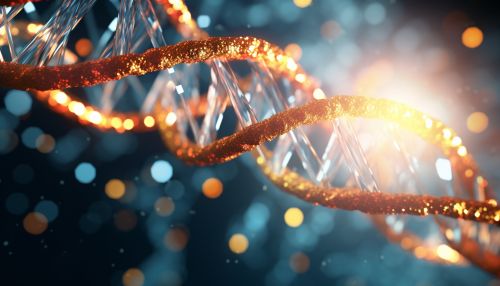
Epigenetic Mechanisms
Epigenetic changes are brought about through three main mechanisms: DNA methylation, histone modification, and non-coding RNA molecules.
DNA Methylation
DNA methylation is a process by which methyl groups are added to the DNA molecule. Methylation can change the activity of a DNA segment without changing the sequence. When located in a gene promoter, DNA methylation typically acts to repress gene transcription.
Histone Modification
Histones are proteins that help structure the DNA within the nucleus of a cell. They can be modified by adding or removing various chemical groups, including acetyl, methyl, and phosphate groups. These modifications can alter the structure of the histone, changing how tightly or loosely the DNA is wound around it. This, in turn, influences gene expression.
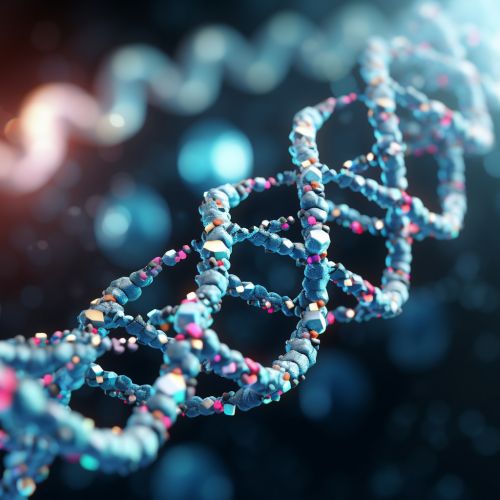
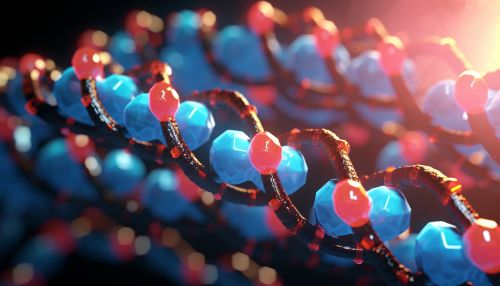
Non-coding RNA Molecules
Non-coding RNA molecules, such as microRNAs and long non-coding RNAs, can also regulate gene expression. They do this by binding to mRNA molecules and preventing them from being translated into proteins.
Role in Human Health
Epigenetic changes play a crucial role in human health. They are involved in various biological processes such as aging, memory formation, and learning. They also play a role in maintaining the stability of our DNA and controlling gene expression.
Aging
Epigenetic changes are a natural part of aging. As we age, our body's biological processes change, and these changes are reflected in our epigenome. For example, DNA methylation patterns change as we age, and this can influence the expression of age-related genes.
Memory Formation and Learning
Epigenetic changes are also involved in memory formation and learning. For instance, histone modifications and DNA methylation have been shown to play a role in long-term memory formation.


Role in Disease
Epigenetic changes can also contribute to disease. Abnormal epigenetic changes can lead to improper gene function and the development of conditions such as cancer, autoimmune diseases, and neurological disorders.
Cancer
In cancer, genes that should be switched on are often switched off and vice versa. This can lead to uncontrolled cell growth and tumor formation. For example, hypermethylation of DNA in gene promoters can lead to the repression of tumor suppressor genes.
Autoimmune Diseases
Epigenetic changes are also involved in autoimmune diseases. For instance, in rheumatoid arthritis, changes in DNA methylation patterns can lead to the overexpression of certain genes, leading to inflammation and joint damage.
Neurological Disorders
Epigenetic changes have been implicated in various neurological disorders, including Alzheimer's disease and schizophrenia. In these conditions, abnormal DNA methylation or histone modification patterns can lead to the misregulation of key genes.
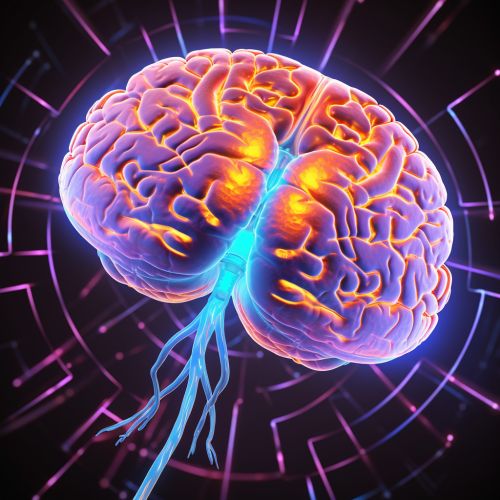
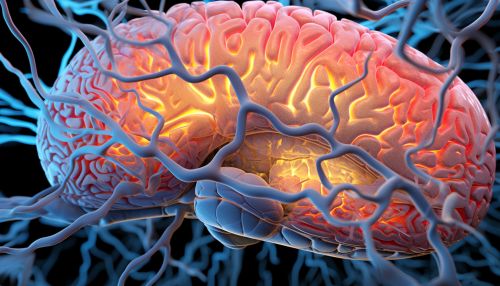
Conclusion
Epigenetics plays a crucial role in human health and disease. Understanding the mechanisms of epigenetic changes and their effects on gene expression can provide insights into the complex processes of aging, memory formation, learning, and disease development. This knowledge can also pave the way for the development of novel therapeutic strategies for a variety of diseases.
